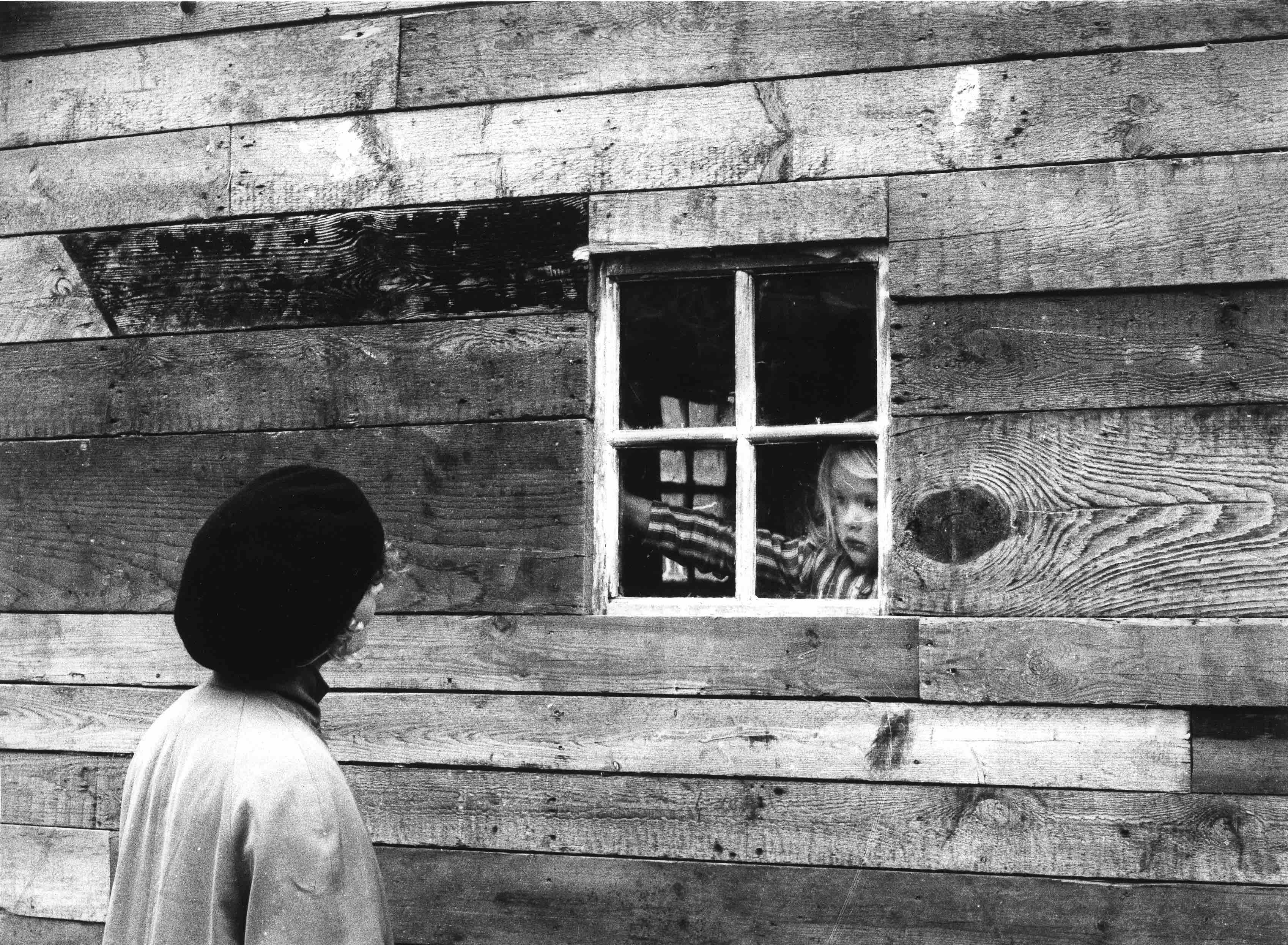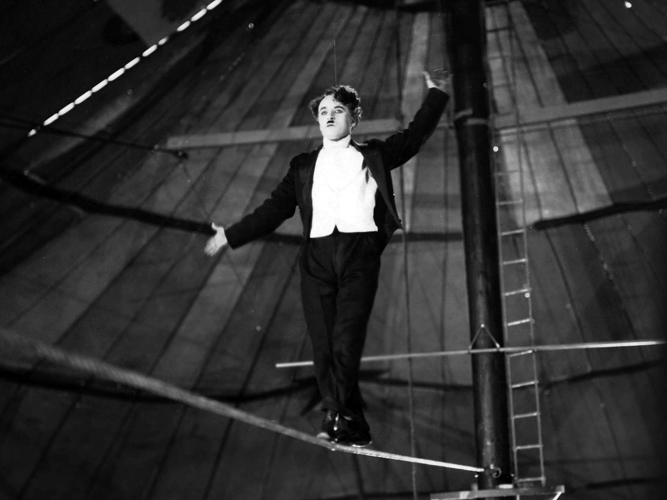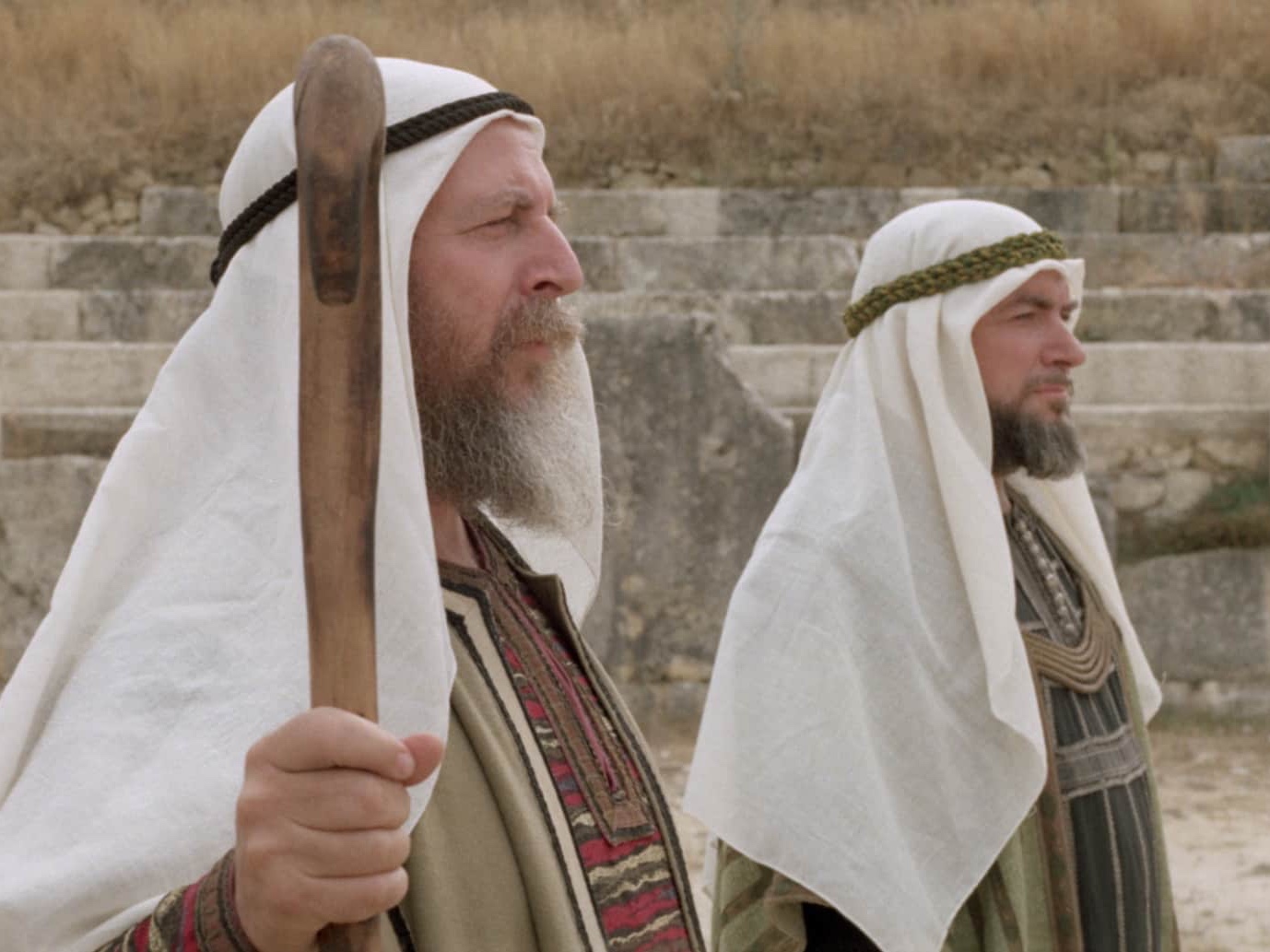Week 22/2024
This week’s selection starts with Straub and Huillet’s reinterpretation of the unfinished Schönberg opera Moses and Aron. A film of great beauty that offers another perspective on this well-known story, opposed to its contemporary political instrumentalisation. As Andrea Cavazzini points out, the film depicts “the abolition of the prophetic and priestly power of the two eponymous characters –” and therefore “the opposition between the two leaders ended up cancelling out their respective positions, while at the same time allowing a new figure of the people to emerge, freed from any prophetic guide.”
Within the framework of Chantal Akerman’s retrospective and the focus program dedicated to Laura Mulvey, the latter has chosen to screen Sally Potter’s The Gold Diggers (1983). Circling around two women from opposite social classes, the film reveals itself as a reaction to the dominant form of storytelling from a feminist standpoint. It draws from an endless well of inspiration, using elements from classic cinema to avantgarde, from vaudeville to fairy tales, from musical to anti-capitalist satire, and from lesbian agitprop to silent melodrama. An eclecticism which, following Louise Parsons, brings “into play questions of sexuality, race, empire, colonialism, lesbian-romance, inter-racial reciprocity, female spectatorship, memory and representation.”
I’d like to end these brief suggestions with Charlie Chaplin’s The Circus (1928). As often in his films, life’s seriousness contrasts with this strange sauntering, which acts like a pierced shadow in the heavy sun. Life becomes bearable. Not only to the characters of the film but also to us. Rarely have I witnessed so strongly this thought of Schopenhauer (whom Chaplin was an admirer), that “the life of every man seen from afar and from above, in its whole and in its most salient features, always presents us with a tragic spectacle; but if we go through it in detail, it has the character of a comedy.”




